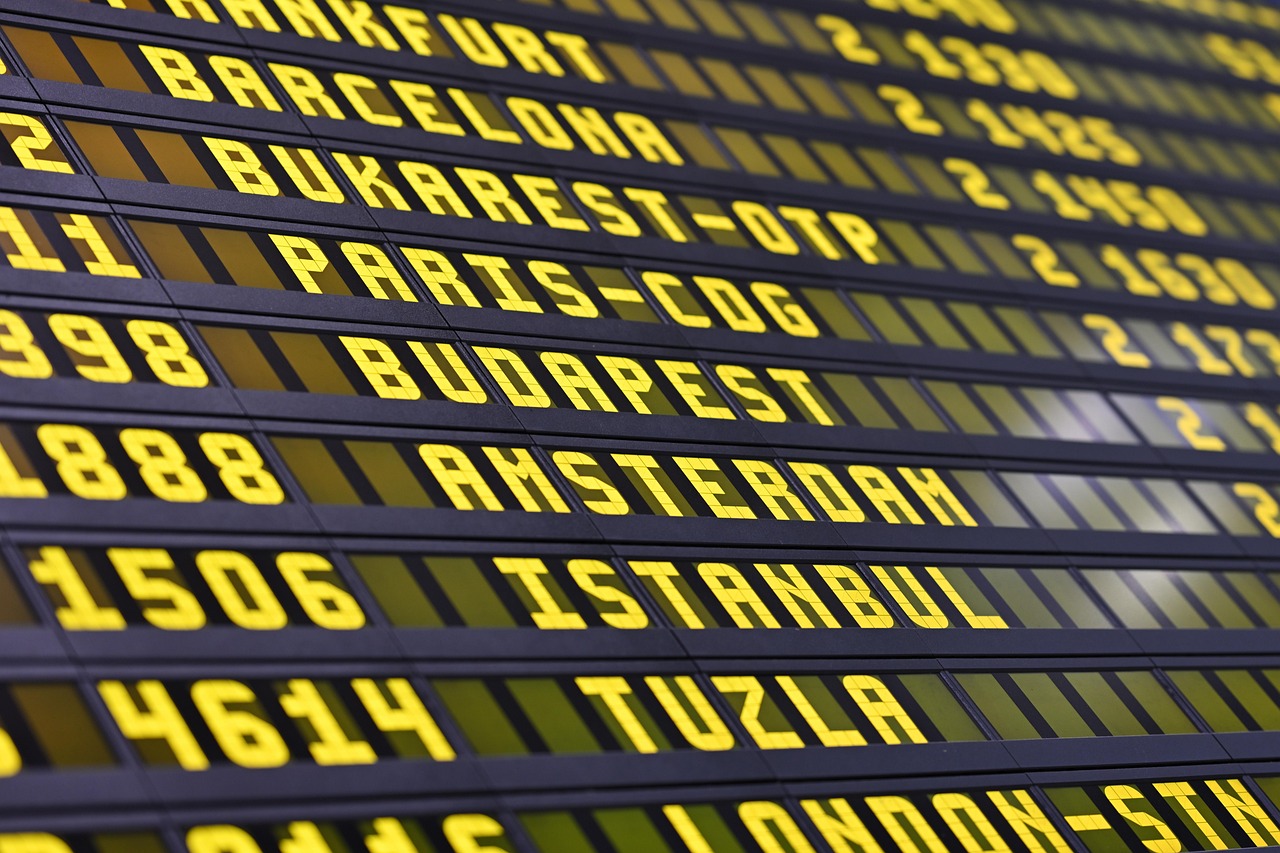Over 150 flights at Schiphol Airport were cancelled due to Storm Amy. While the Royal Netherlands Meteorological Institute’s warnings of 90 km/h wind gusts provided a clear trigger, the scale of the disruption reveals a system operating with perilously little margin for error.
As one of Europe’s busiest hubs, Schiphol’s paralysis creates a domino effect, stranding thousands of passengers and highlighting a critical dependency on perfect weather in an increasingly imperfect climate. The fact that KLM, the airport’s anchor carrier, preemptively warned of further Sunday cancellations signals a fundamental lack of resilience.
For the thousands of travelers caught in this chaos, a canceled flight is a significant financial blow. Stranded passengers face a labyrinth of rebooking procedures, the potential nightmare of lost luggage, and the cold reality of EU passenger rights that are often difficult to enforce in practice.

The concentration of cancellations on KLM, part of the Air France-KLM group, points to a specific vulnerability within major network carriers whose tight scheduling and high aircraft utilization leave no room for meteorological surprises.

















